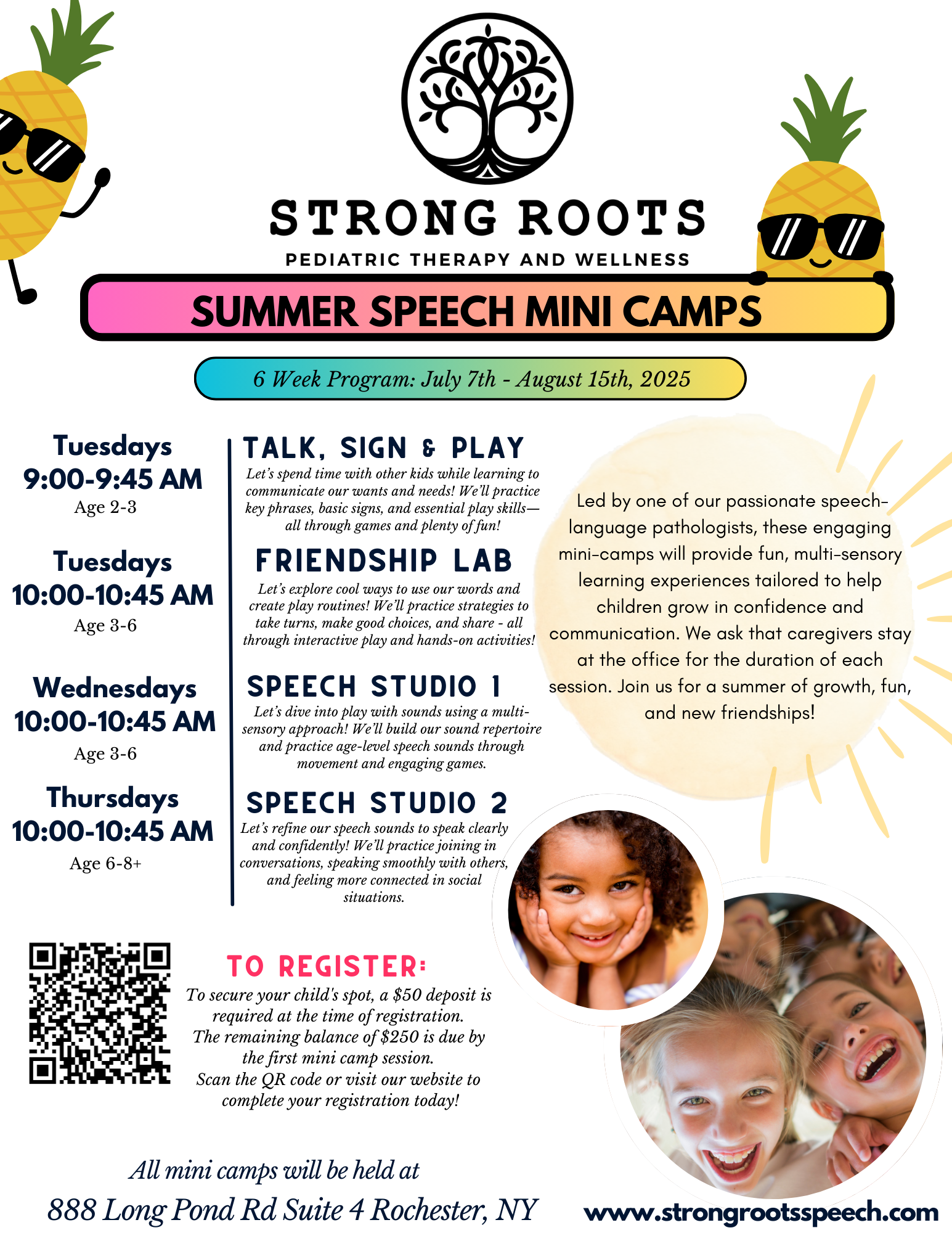Blog
Navigating Holiday Overstimulation: Making the Season Comfortable for Kids and Adults

The holiday season brings an exciting blend of lights, music, and festivities, but for many children—especially those with sensory processing challenges—this time of year can feel overwhelming. Sensory overload is common when routines shift, environments change, and there's an influx of new experiences. While adults may experience their own version of stress, for children with sensory sensitivities, the holiday season can lead to significant overstimulation, manifesting in changed behaviors and heightened anxiety.
Why Do Holidays Lead to Sensory Overload?
Children with sensory processing disorder (SPD) or sensitivities often struggle to filter out excess stimuli. What might be small inconveniences for some can become intense experiences for others. Studies have shown that children with sensory sensitivities often have difficulty managing changes in visual, auditory, and tactile stimuli in their environment.
During the holidays, these children face several added stressors:
-
Visual Overload: From blinking lights to an abundance of holiday décor, the extra visual input can overwhelm a child’s senses.
-
Smell Overload: The holidays often come with an increase in potent scents like pine trees, scented candles, and holiday cooking. Research suggests that smells can have a profound effect on those with sensory processing differences. Children sensitive to olfactory stimuli may experience discomfort or irritability when exposed to strong, unfamiliar smells.
-
Auditory Overload: The season brings music, crowds, and a general increase in noise levels, both in the home and out in public spaces. For a child already sensitive to sound, the holidays can be a sensory minefield.
In a 2017 study published in the Journal of Autism and Developmental Disorders, researchers found that children with SPD demonstrated heightened responses to sensory stimuli, particularly when their regular routines were disrupted. These disruptions, combined with the amplified stimuli of the holidays, can lead to meltdowns, withdrawal, or other behavioral changes.
Managing Holiday Overload for Kids
One of the keys to helping a child with sensory sensitivities navigate the holiday season is to recognize when overstimulation is likely to happen and make adjustments accordingly. Here are some strategies to consider:
-
Maintain Familiar Routines: While it may be tempting to change things up during the holidays, try to keep a consistent schedule as much as possible. Routines help children feel secure and grounded.
-
Reduce Visual Stimulation: Limit the amount of holiday décor in your home and avoid cluttered spaces. Consider designating one festive room and leaving the rest of the house as a calm space.
-
Be Mindful of Smells: Limit the use of strong holiday scents, like candles or air fresheners, and be aware that certain smells from holiday cooking may be overwhelming for sensitive children. You could use unscented or lightly scented décor or cook foods that your child is familiar with.
-
Create Break Spaces: Give your child the opportunity to retreat to a quiet space when they feel overwhelmed. Set aside a room or a cozy corner where they can take a sensory break, even in the middle of family gatherings.
Adults Experience Overload, Too
It’s important to note that children aren’t the only ones who may struggle with overstimulation during the holiday season. For adults, the added pressures of shopping, planning events, and managing family dynamics can lead to sensory overload as well. Research shows that even adults without diagnosed sensory disorders can experience overwhelm when they are bombarded with stimuli, whether it’s the chaotic environment of a shopping mall or the endless list of holiday tasks.
Many adults notice the impact of increased noise, crowded stores, and pressure to “get everything done.” This stress can contribute to feelings of anxiety, irritability, or exhaustion. We often place so much emphasis on how the holidays should look—perfectly decorated homes, impeccably wrapped gifts, elaborate meals—that we lose sight of how the holidays feel.
Making the Holidays Enjoyable for All
Whether you’re a parent of a child with sensory sensitivities or an adult managing your own stress, it’s essential to focus on making the holiday season enjoyable in a way that feels authentic to your family. Instead of focusing on perfection, try these ideas:
-
Give Yourself Grace: It’s okay if everything doesn’t go according to plan. Embrace flexibility and understand that overstimulation and stress happen—sometimes the best moments come from going with the flow.
-
Put Less Pressure on Appearances: Instead of stressing over the most elaborate holiday décor or extravagant gifts, shift the focus to experiences that feel meaningful and comfortable for your family.
-
Prioritize Emotional Well-Being: Make space for quiet, reflective moments, and remember that it’s okay to take breaks from the busyness of the season. Whether it’s a short walk, a quiet afternoon at home, or a sensory break for your child, prioritize relaxation and emotional comfort.
In the end, the holidays don’t have to be a source of stress or sensory overload. By being mindful of your child’s needs—and your own—you can create a joyful, calm, and balanced holiday season that emphasizes connection, well-being, and grace.
References:
-
Ayres, A. J. (1979). Sensory Integration and Learning Disorders. Western Psychological Services.
-
Dunn, W. (1997). The Sensory Profile: Examiner's Manual. Psychological Corporation.
-
Bogdashina, O. (2003). Sensory Perceptual Issues in Autism and Asperger Syndrome: Different Sensory Experiences, Different Perceptual Worlds. Jessica Kingsley Publishers.
-
Miller, L. J., Schoen, S. A., & Nielsen, D. M. (2017). Sensory Overresponsivity in Children with Autism Spectrum Disorder: Prevalence and Influence on Comorbidities. Journal of Autism and Developmental Disorders.
-
Mathew, L., & Thelen, E. (1991). Interrupting the Executive: The Psychology of Multitasking and Its Costs. Psychological Science.
‹ Back









